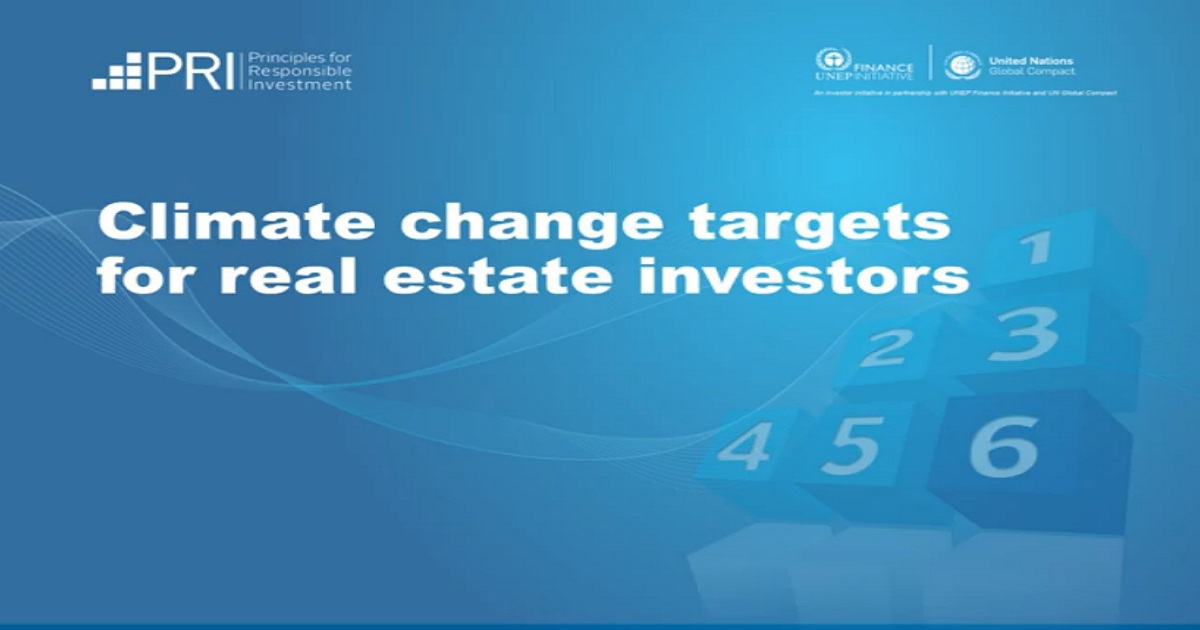
Principles for Responsible Investment
This webinar takes a detailed look at the practicalities of setting targets related to climate change for a real estate portfolio, with a particular focus on net zero targets.
Watch Now

One of the hottest new trends in the hospitality industry is the food hall. The number of food halls in the United States has increased exponentially and has tripled since 2018. Unlike the traditional shopping center food court, the food hall is typically an entertainment complex combining fine dining, bar atmospheres, and live entertainment forums in one location.
Food halls bring unique legal challenges, including artful drafting of leases, supporting documents, and operational rules that differ for each food hall facility.
Similarly, entertainment uses present additional and varied legal considerations relative to typical retail tenants. Theaters today are often accompanied by the sale of prepared food and alcohol. Other entertainment uses have entered the scene, including indoor skydiving, golfing, escape experiences, and even ax-throwing. The unique situation created by COVID-19 and the potential threats of future highly transmissible diseases has recentered the needs and legal liabilities of these industries.
Entertainment uses present unique challenges to the landlord and the tenant to achieve the balance between allowing the tenant to operate its business while offering protection to the landlord to ensure the entertainment use does not interfere with the project's operations. Parking, exclusive uses, prohibited uses, signage, visibility, access, noise, and security are just some of many items that play a role in lease negotiations between a landlord and prospective entertainment tenant.
Listen as our panel of experts in real property transactions provides practical guidance on how to best address the issues and balance the interests of each party involved.
Watch Now

Strafford Publications, Inc
This CLE/CPE webinar will provide tax counsel with a thorough and practical guide to structuring strategies and tax considerations for foreign investors in U.S. real estate, outline best practices for determining the purchasing entity, and review tax planning opportunities in structuring the deal. The United States remains the most popular destination for foreign real estate capital investment. Critical for tax and investment advisers representing non-U.S. persons investing in U.S. real property is a comprehensive examination of optimal structures for the ownership vehicle and the mechanics of the purchase transaction itself.
Watch Now

Strafford
Lease defaults are at a record high and vacancies are mounting, providing significant leverage to tenants in lease negotiations. Tenants seeking to benefit from current market conditions are pressing for restructured lease terms, including reduced rent and other midterm concessions. Moreover, tenants concerned about their landlords financial stability are insisting upon subordination, non-disturbance and attornment agreements to protect themselves. At the same time, tenants with failing businesses are pursuing lease workouts to avoid eviction.
Watch Now